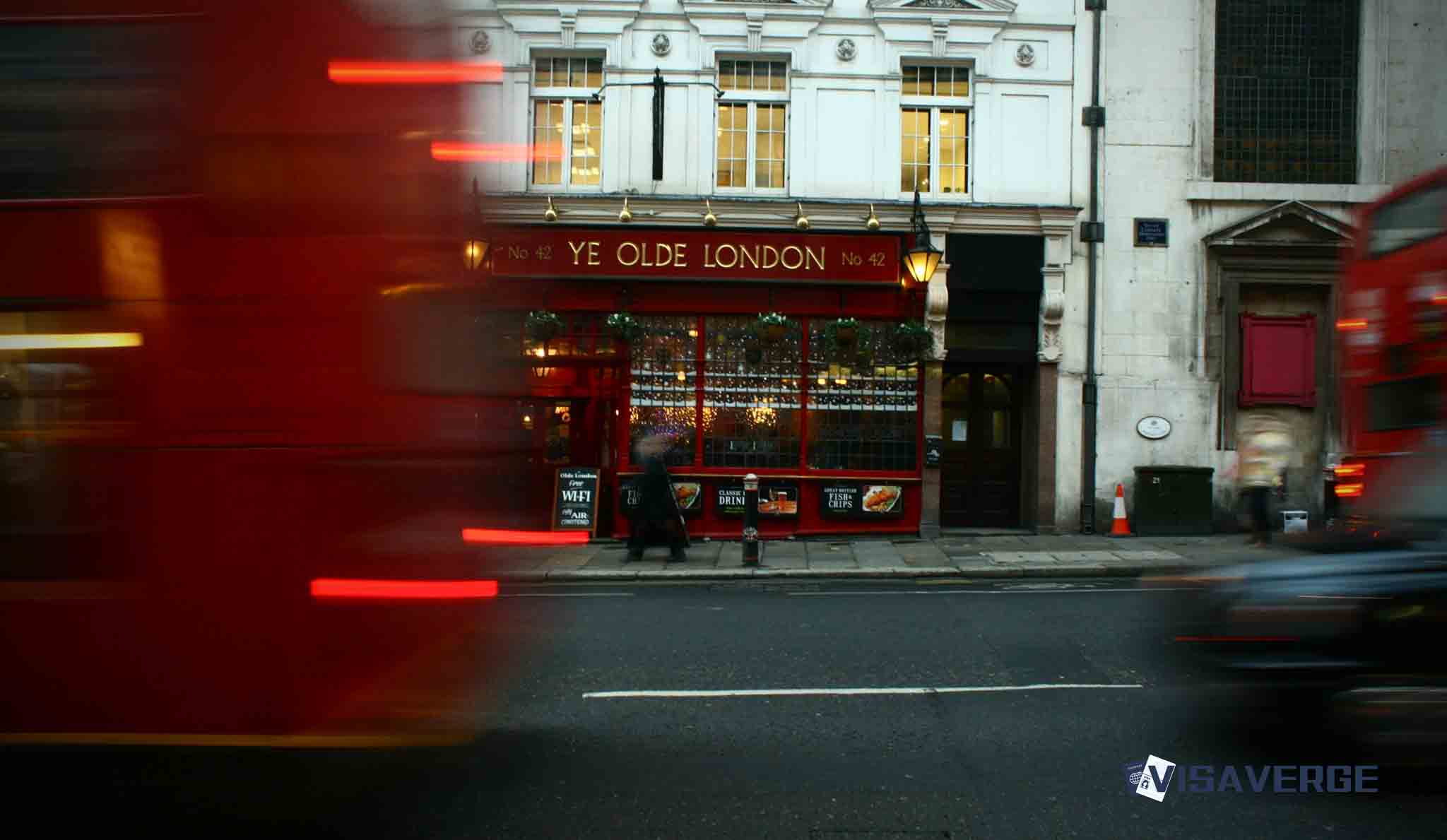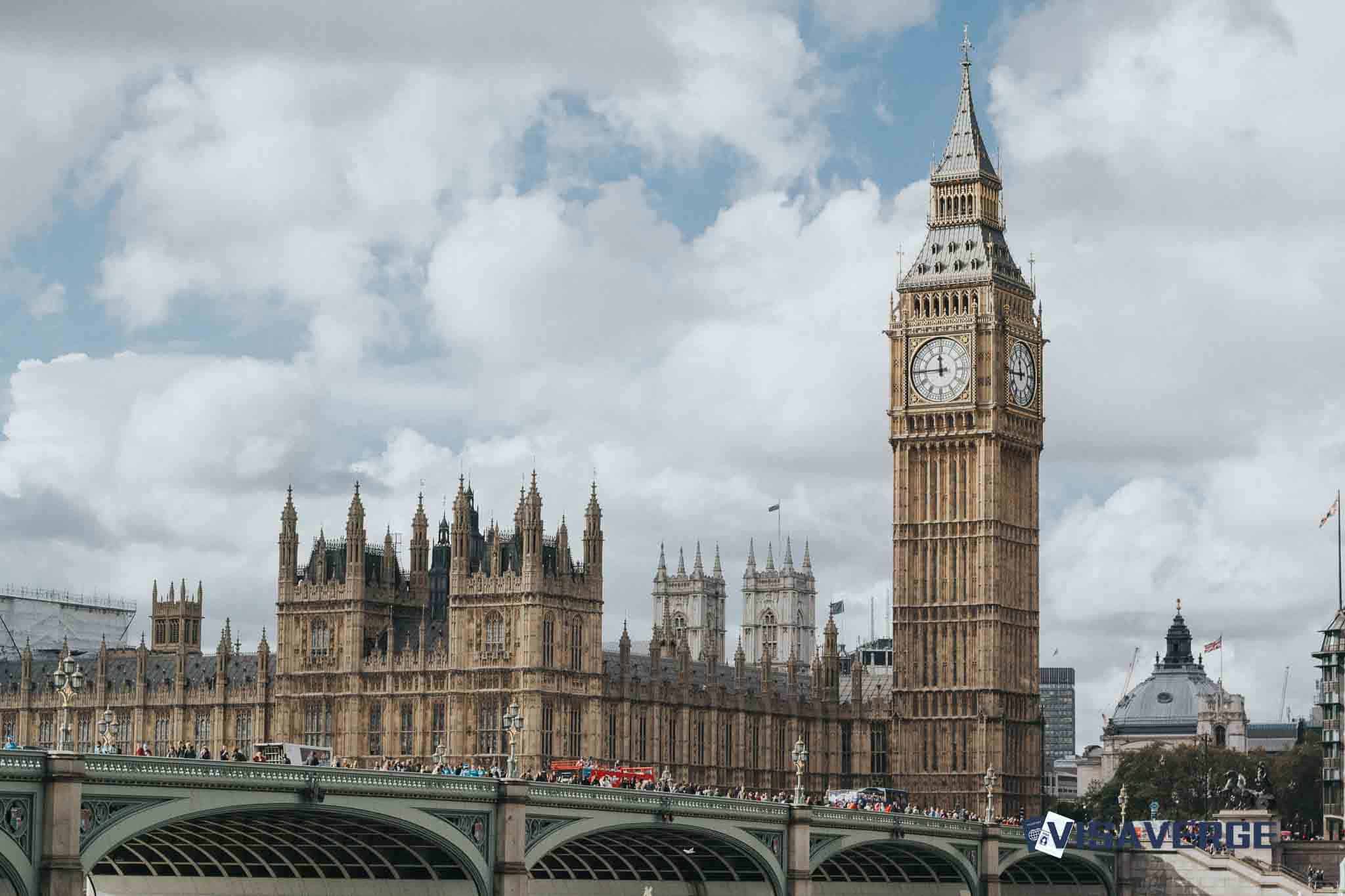Key Takeaways
• Pakistan is the top UK asylum origin with 85,112 applications, a 15% increase by March 2025.
• Labour leader Keir Starmer proposes ‘return hubs’ for rejected asylum seekers amid immigration reforms.
• Reports show rise in fraudulent LGBT+ asylum claims; system strain affects genuine gay Pakistani claimants.
The situation of gay Pakistani asylum seekers in the United Kingdom 🇬🇧 sits at the intersection of human rights, immigration policy, and social change. This analysis explores the current landscape for these individuals, the policies shaping their futures, and the broader trends in asylum applications. The purpose is to provide a clear, evidence-based overview of the challenges, controversies, and policy responses affecting gay Pakistani asylum seekers, with a focus on recent developments under the UK Labour leader, Prime Minister Keir Starmer.

Purpose and Scope
This analysis aims to:
- Explain the current situation for gay Pakistani asylum seekers in the UK
- Describe recent policy changes and political responses
- Present key data and trends in asylum applications
- Examine controversies, including claims of system abuse
- Assess the impact of these developments on individuals and the wider asylum system
The scope covers the period from early 2024 through mid-2025, focusing on the UK’s asylum system, legal context for LGBT+ claimants from Pakistan 🇵🇰, and the policy direction under the Labour government.
Methodology
This report draws on:
– Official UK government statistics on asylum applications
– Statements and reports from advocacy organizations (such as the Peter Tatchell Foundation)
– Media coverage of recent legal cases and policy announcements
– Public statements by Prime Minister Keir Starmer and other officials
– Analysis from VisaVerge.com and other reputable immigration sources
All data and claims are attributed to their original sources, with links to official government resources where appropriate.
Key Findings
- Pakistan 🇵🇰 is the leading country of origin for asylum seekers in the UK, with a notable number of claims based on sexual orientation.
– Asylum applications in the UK have risen by 15% in the year to March 2025, reaching 85,112 applications covering 109,343 people. - Concerns about fraudulent LGBT+ asylum claims have increased, with reports of individuals seeking to obtain “proof” of homosexuality to support their cases.
- UK Labour leader Keir Starmer has introduced significant immigration reforms, including proposals for “return hubs” for rejected asylum seekers.
- Legal protections for gay Pakistani asylum seekers remain grounded in the European Convention on Human Rights, but the system faces scrutiny over both abuse and the adequacy of support for genuine claimants.
- Living conditions for asylum seekers are often poor, with reports of poverty and abuse in Home Office accommodation.
Data Presentation and Visual Descriptions
Asylum Applications: Volume and Origin
- Total asylum applications (year to March 2025): 85,112 (covering 109,343 people)
- Increase from previous year: 15%
- Top countries of origin: Pakistan 🇵🇰, Afghanistan, Iran, Bangladesh, Syria
Visual Description: Imagine a bar chart with five bars, each representing a country. The bar for Pakistan 🇵🇰 is the tallest, followed by Afghanistan, Iran, Bangladesh, and Syria. Each bar shows the number of asylum seekers from that country, with Pakistan 🇵🇰 clearly leading.
Channel Crossings
- People detected arriving by small boats (year to March 2025): 38,023
- Increase from previous year: 22%
Visual Description: Picture a line graph showing the number of small boat arrivals over two years. The line rises sharply in the most recent year, reflecting the 22% increase.
LGBT+ Asylum Claims
- Reported “fake homosexual” claims to advocacy groups: Up to 30 per day, according to the Peter Tatchell Foundation
- Small donations from Pakistani men to LGBT+ charities: Increased, often under £3, suspected as attempts to obtain evidence for asylum claims
Visual Description: Envision a pie chart showing the proportion of LGBT+ asylum claims flagged as potentially fraudulent versus those supported by credible evidence, with a significant slice representing suspected abuse.
Comparisons, Trends, and Patterns
Rising Asylum Applications
The UK has experienced a steady increase in asylum applications, with a 15% rise in the latest year. Pakistan 🇵🇰 remains the top source country, reflecting ongoing social and legal pressures in Pakistan 🇵🇰, especially for LGBT+ individuals.
LGBT+ Claims: Genuine Need vs. System Abuse
- Genuine Need: Homosexuality is criminalized in Pakistan 🇵🇰, with penalties up to life imprisonment. UK tribunals have recognized this as grounds for protection under the European Convention on Human Rights.
- System Abuse: Advocacy groups and the Home Office report a surge in questionable claims, with individuals seeking to obtain “proof” of homosexuality through donations or membership in LGBT+ organizations.
This tension creates a challenging environment for both genuine claimants and the authorities tasked with assessing their cases.
Policy Shifts Under Labour
Prime Minister Keir Starmer’s government has moved away from the previous Conservative administration’s Rwanda plan, instead proposing “return hubs” in third countries for rejected asylum seekers. This approach aims to deter unfounded claims while maintaining compliance with human rights obligations.
Evidence-Based Conclusions
Legal Context and Protections
Gay Pakistani asylum seekers have a recognized legal basis for protection in the UK, given the criminalization of homosexuality in Pakistan 🇵🇰. UK tribunals have previously granted asylum on these grounds, referencing the European Convention on Human Rights.
However, the system faces challenges:
- Proof of Sexual Orientation: Claimants must provide credible evidence of their sexuality, which can be difficult and intrusive.
- Fraudulent Claims: Reports of individuals seeking to “game” the system by fabricating evidence have led to increased scrutiny and skepticism.
Policy Responses and Political Debate
The Labour government’s reforms, including the proposal for “return hubs,” reflect a desire to balance compassion for genuine refugees with the need to address abuse of the system. Prime Minister Starmer’s statements about tightening all areas of the immigration system signal a tougher stance, though critics argue this may create new barriers for vulnerable individuals.
Living Conditions and Support
Reports of poverty and abuse in asylum accommodation highlight the difficulties faced by many claimants, including gay Pakistani asylum seekers. Some have been forced into sex work or exposed to violence, raising questions about the adequacy of current support systems.
Limitations
- Data Gaps: There is limited public data on the exact number of gay Pakistani asylum seekers or the proportion of claims found to be fraudulent.
- Changing Policies: The UK’s asylum system is in flux, with new policies under consideration and ongoing political debate.
- Individual Experiences: While this analysis covers broad trends, individual cases may differ significantly based on personal circumstances and the quality of legal representation.
Detailed Analysis
The Experience of Gay Pakistani Asylum Seekers
For a gay Pakistani asylum seeker, the journey to the UK is often driven by fear of persecution at home. In Pakistan 🇵🇰, same-sex relationships are illegal, and social stigma is widespread. Many face threats of violence, arrest, or even death.
Upon arrival in the UK, these individuals must navigate a complex asylum process. They are required to prove both their sexual orientation and the risk of harm if returned to Pakistan 🇵🇰. This often involves:
- Personal testimony
- Evidence from LGBT+ organizations
- Witness statements from friends or community members
However, the process can be traumatic. Claimants may be asked deeply personal questions or required to provide evidence that is difficult to obtain, especially if they have hidden their sexuality for safety reasons.
The Role of Advocacy Groups
Organizations like the Peter Tatchell Foundation play a key role in supporting LGBT+ asylum seekers. They provide advice, write support letters, and sometimes act as witnesses in asylum hearings. However, the recent surge in requests for “proof” of homosexuality has strained resources and raised concerns about system abuse.
Peter Tatchell himself has noted that while many requests appear dubious, the foundation has helped hundreds of genuine refugees who have gone on to contribute positively to UK society.
Legal Cases and Precedents
Recent legal cases highlight the complexity of assessing LGBT+ asylum claims. In one case, a Pakistani man was granted refugee status after claiming to be gay, despite a conviction for sexually assaulting a woman. The Home Office challenged the decision, citing weak evidence, and the case is set for rehearing.
Another case involved an Albanian man who claimed to be gay but was later found to be married to a woman. His appeal was dismissed after the tribunal determined he had misled the authorities.
These cases illustrate the difficulties in balancing the need to protect genuine refugees with the imperative to prevent abuse.
Policy Developments Under Labour
Since taking office in July 2024, Prime Minister Keir Starmer has prioritized immigration reform. The government’s proposal, “Restoring Control over the Immigration System,” includes:
- Banning recruitment of care workers from overseas
- Tightening skilled worker visa requirements
- Establishing “return hubs” for rejected asylum seekers
Starmer has stated that every area of the immigration system will be tightened to give the UK more control. The “return hubs” proposal, in particular, marks a shift from the previous government’s Rwanda plan, which was ruled incompatible with the UK’s human rights obligations.
As reported by VisaVerge.com, these reforms have sparked debate across the political spectrum. The Conservative Party has criticized them as watered-down versions of their own policies, while the Green Party has called them panicked and misguided.
Impact on Asylum Seekers
For gay Pakistani asylum seekers, these policy changes create uncertainty. While the legal basis for protection remains, the increased scrutiny of claims and the threat of removal to third countries may deter some from seeking asylum or make the process even more challenging.
Advocacy groups warn that tighter controls could harm genuine refugees, making it harder for them to rebuild their lives and contribute to UK society.
Practical Guidance and Next Steps
For individuals considering an asylum application based on sexual orientation, it is important to:
- Gather credible evidence of your sexual orientation and the risks you face in your home country
- Seek support from reputable organizations, such as LGBT+ charities or legal aid groups
- Be honest and consistent in your testimony and documentation
- Consult official UK government resources for up-to-date information on asylum procedures and requirements
The UK government provides detailed guidance on asylum applications, including eligibility and the process for claiming asylum. You can find official information and forms on the UK government’s asylum and refugee guidance page.
Conclusion
The situation for gay Pakistani asylum seekers in the UK is shaped by a mix of legal protections, policy changes, and social challenges. While the UK offers refuge to those fleeing persecution based on sexual orientation, the system faces pressure from rising applications, concerns about abuse, and ongoing political debate.
Prime Minister Keir Starmer’s reforms signal a tougher approach, with new measures aimed at reducing both legal and illegal migration. For those seeking safety, the process remains complex and often stressful, but support is available from advocacy groups and legal professionals.
As the UK’s asylum system continues to evolve, it is essential for policymakers to balance the need for control with the country’s obligations to protect the vulnerable. Continued monitoring, transparent data, and fair procedures will be key to ensuring that genuine gay Pakistani asylum seekers receive the protection they need while maintaining the integrity of the system.
Learn Today
Asylum Seeker → A person seeking international protection but whose claim for refugee status is not yet decided.
Return Hubs → Proposed overseas centers to house rejected asylum seekers before potential deportation from the UK.
European Convention on Human Rights → An international treaty protecting civil rights including protection for LGBT+ individuals.
Fraudulent Claims → Asylum applications suspected to falsely assert facts, such as fabricated sexual orientation evidence.
LGBT+ → A community including lesbian, gay, bisexual, transgender, and other sexual minorities seeking asylum rights.
This Article in a Nutshell
Gay Pakistani asylum seekers face legal protections but growing challenges in the UK. Rising claims, policy shifts, and controversies complicate asylum processes under Keir Starmer’s Labour government, highlighting the need for balanced immigration reforms and support for genuine refugees amid increased scrutiny and system abuse concerns.
— By VisaVerge.com













